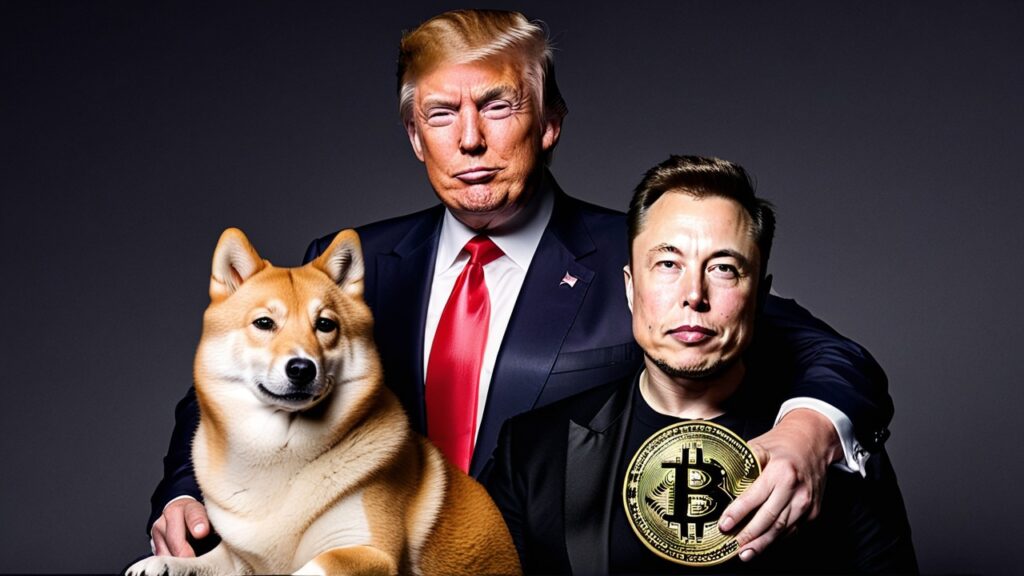In a conversation with Tom Bilyeu, entrepreneur and investor Marc Andreessen discusses the future of technology and AI. He believes that AI is even bigger than the internet and that it will change everything. Andreessen shares his optimism for America’s potential, driven by its diverse and ambitious population.
Tom raises concerns about looming challenges such as inflation, government regulation, and economic growth. The two explore how technological advances may revolutionize industries but also conflict with traditional values and social norms. They discuss the need to integrate technology in healthcare, education, and housing, and the importance of preparing for future changes.
Andreessen highlights the potential of AI in various industries, particularly healthcare and entertainment. He believes that with rapid technological progress, there will be economic growth, but this requires people’s attention and support. The importance of AI and its impact on the future cannot be overstated.
Andreessen emphasizes the challenges facing robotics, including physical control, energy supply, and software development. Despite advances in sensors and data processing, battery life and adaptability in complex environments still need to be overcome. The conversation also delves into the role of politics as the new “religion” in modern society, with people’s enthusiasm and commitment to politics often mirroring the intensity of their religious beliefs.
This phenomenon highlights the human need for faith and belonging, even as traditional religion’s influence weakens. Marc discusses the link between productivity and innovation, explaining that productivity growth measures the impact of technology on the economy. The speed of productivity growth directly affects the speed of economic growth, and the introduction of technology creates more employment opportunities and better working conditions.
Andreessen remains optimistic about the future, despite challenges, believing that material well-being is the basis for answering life’s deeper questions, but not the ultimate goal. He hopes to improve human living conditions through advancements in technology and productivity, not advocating a new religion, but focusing on the importance of technology in shaping the future.
